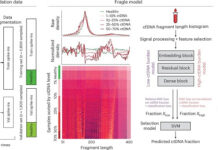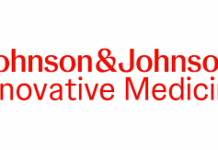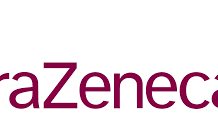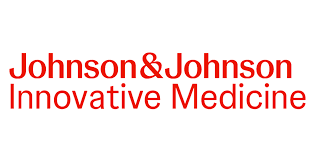Johnson & Johnson (NYSE: JNJ) has revealed the first clinical data from its ongoing Phase 1b study evaluating JNJ-90014496 (JNJ-4496), an investigational bispecific autologous CAR T-cell therapy. Targeting both CD19 and CD20 antigens, JNJ-4496 is being studied in patients with relapsed or refractory large B-cell lymphoma (R/R LBCL), including diffuse large B-cell lymphoma (DLBCL), who have not previously received CAR T therapy. Researchers presented these findings at the 2025 European Hematology Association (EHA) Congress.
High Response Rates in Early-Stage Study
In the dose confirmation phase of the trial, JNJ-4496 was administered at a recommended Phase 2 dose (RP2D) of 75 million CAR+ T-cells. Among 22 efficacy-evaluable patients, those who had received only one prior line of therapy (n=10) showed an objective response rate (ORR) of 100%, with 80% achieving complete response (CR). Meanwhile, patients with two or more prior therapies (n=12) demonstrated a 92% ORR and a 75% CR rate.
Encouraging Safety Profile with Manageable Toxicities
As per the Johnson & Johnson press release, the RP2D safety cohort included 25 patients, over half of whom had undergone multiple prior treatments or received bridging therapy. Importantly, researchers observed no Grade 3 or 4 cytokine release syndrome (CRS). Two patients experienced ICANS, one at Grade 1 and one at Grade 3. Overall, 84% had Grade 3/4 treatment-emergent adverse events, with neutropenia being the most common (72%).
Commitment to Advancing CAR T Innovation
Dr. Jeffrey Infante of J&J emphasized the company’s long-standing dedication to B-cell malignancies. He also highlighted that JNJ-4496 represents a promising step forward. AbelZeta Inc. is developing the therapy under a global licensing agreement with J&J. This excludes Greater China, where researchers have already conducted a separate Phase 1 trial. The team will also present these results at the upcoming 2025 International Conference on Malignant Lymphoma.
























